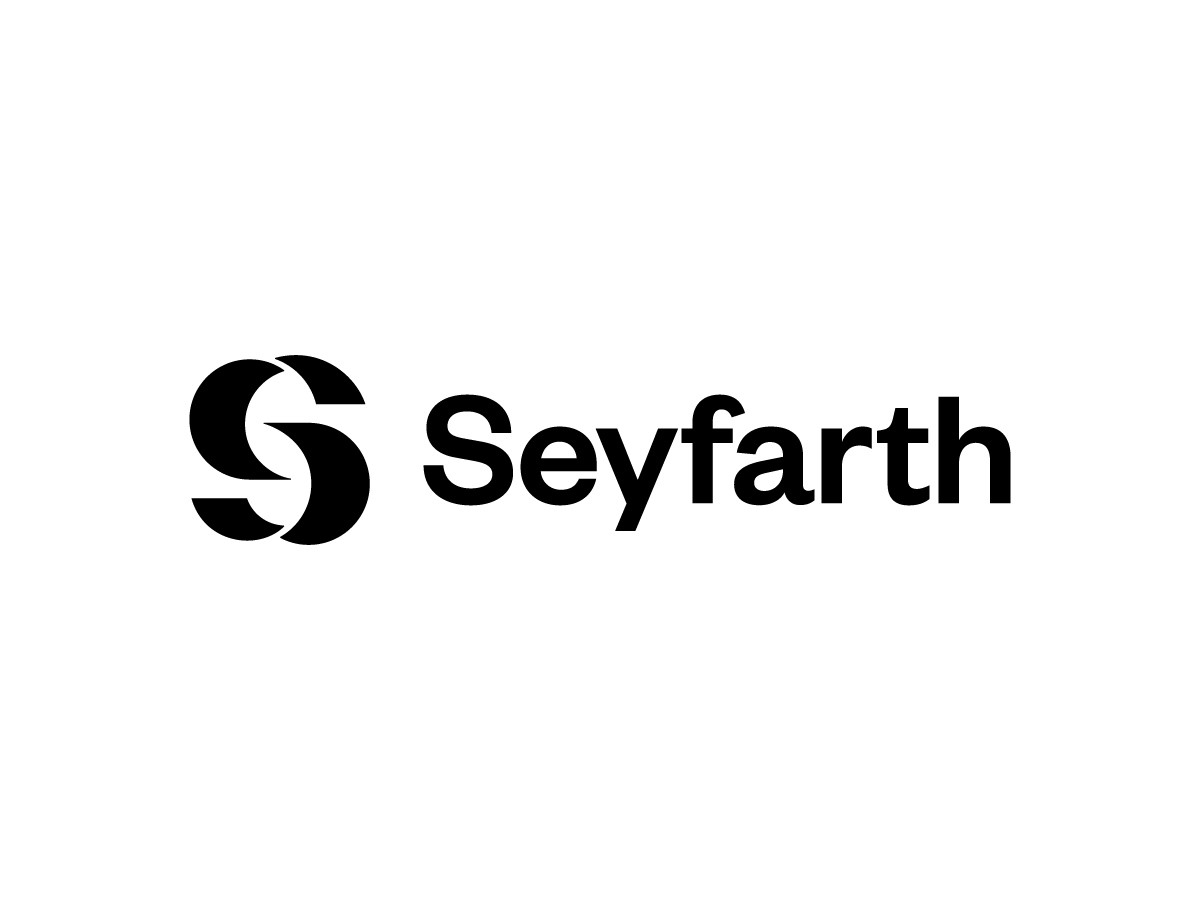Apple v. Zipit Designated Precedential Following Busy December for USPTO
“I do not understand counsel’s statements to have been an unequivocal abandonment of the contest of these proceedings.” – Director Vidal in Apple v. Zipit
The United States Patent and Trademark Office (USPTO) stayed active over the holiday period with several big announcements, and today Director Kathi Vidal continued that trend by designating as precedential the December 21 decision in Apple v. Zipit Wireless. Also in December, the United States Government Accountability Office (GAO) released its full report on the Patent Trial and Appeal Board (PTAB), recommending, among other suggestions, that the Office make public any policies and directives to judges that could impact substantive decision-making.
Apple v. Zipit and Abandonment of Contest
Today, Director Vidal announced that her December 21 sua sponte Director Review decision vacating the PTAB’s Adverse Judgments in four instituted inter partes reviews (IPRs) brought by Apple would be designated precedential. The Director Review decision has to do with the standard for abandonment of contest, which Vidal found had not been met based on the patent owner’s comment in the proceedings. Zipit filed responses in two of six IPRs brought by Apple but did not file any response in the four at issue here. The PTAB, in a hearing held September 21, 2022, asked Zipit’s counsel if the patent owner was “not contesting if a final written decision or adverse judgment was entered with respect to those IPRs” and Zipit’s counsel replied, “Correct, Your Honor. If the Board determines that they have met their burden of proof with respect to those claims Zipit hasn’t filed any opposition.” The PTAB subsequently entered adverse judgments in all four IPRs and determined that the patent owner had abandoned the contest. Vidal, however, on sua sponte review, said “I do not understand counsel’s statements to have been an unequivocal abandonment of the contest of these proceedings,” and that the comment was instead contingent “on the Board determining that Petitioner met its burden of proving by a preponderance of the evidence that the challenged claims are unpatentable.”
New Director Review Decisions in OpenSky and PQA Cases on IPR Process Abuse
On December 22, Vidal published two precedential decisions on cases related to abuse of the inter partes review (IPR) process.
In the first decision, Vidal ruled that Patent Quality Assurance (PQA) abused the IPR process in their case against VLSI Technology. PQA abused the process by filing an IPR and threatening to join a separate IPR against VLSI in order to receive a payout from the technology firm.
Vidal also found that PQA misrepresented an “exclusive engagement” with a witness, Dr. Adit Singh, who was involved in another IPR petition against VLSI from OpenSky.
The second decision involved the case between VLSI and OpenSky, who received a ruling from the UPSTO in October that found OpenSky had abused the IPR process in their case against VLSI.
In the most recent ruling, Vidal affirmed the PTAB’s Remand Decision that found that OpenSky’s case, now with Intel in the role of lead petitioner, is compelling and meritorious. However, Vidal also dismissed OpenSky from the case “to ensure that OpenSky does not benefit from its abuse of the IPR process.”
Additionally, Vidal ordered VLSI “to show cause as to why it should not be ordered to pay Intel the reasonable attorney fees they incurred responding to VLSI’s Rehearing Request.”
VLSI had attempted to argue against the PTAB’s ruling by claiming it is inconsistent, ignores facts, and relies on inadmissible hearsay. However, Director Vidal was “not persuaded by these arguments,” and she “admonish[ed] VLSI and its counsel for supporting their arguments with misleading statements of law and fact.”
The PQA and OpenSky cases are connected, as PQA threatened to file a motion to join OpenSky’s IPR petition. Furthermore, PQA’s exclusive engagement with Dr. Singh contradicted parts of OpenSky’s IPR petition which reproduced a declaration from Dr. Singh without his knowledge from a separate IPR filing against VLSI from Intel.
The USPTO’s ruling against PQA is similar to the October ruling against OpenSky, with both firms found to be abusing the IPR process in an attempt to extract payment from VLSI.
Director Vidal wrote in the ruling against PQA, “though the behavior here may not be as egregious as that of OpenSky… I find that PQA’s behavior, nonetheless, amounts to an abuse of process.”
GAO Report Calls for Increased Transparency for PTAB
On December 28, The Government Accountability Office (GAO) released its final report on how the PTAB can increase transparency when it comes to PTAB management and the USPTO Director influencing judges’ decision-making.
Preliminary findings from the report were released in July, including survey results that found that 75% of judges surveyed said that the oversight from PTAB management and the USPTO affected their independence. Additionally, 67% of judges working on America Invents Act (AIA) proceedings responded that they felt “pressure to change or modify an aspect of their decision in an AIA proceeding based on Management Review.”
In response, Director Vidal implemented interim oversight procedures in May that made Management Review optional and stated that she would not be involved in decision-making prior to issuance.
In its report, the GAO wrote, “these changes could help alleviate judges’ concerns, if finalized and clearly communicated in accordance with USPTO strategic plan goals and federal internal control standards.”
The final report includes four additional recommendations to the UPSTO to increase transparency.
- Firstly, the GAO recommended that when the UPSTO finalizes internal review processes, it should clarify the role of PTAB management and the USPTO Director in these processes, the circumstances under which comments are optional or mandatory, and how the judge’s decision to follow these comments or not impacts their performance review.
- Secondly, the GAO wants PTAB management and the UPSTO Director to improve internal communication with judges through a variety of direct communication channels.
- The third recommendation is to make public any policies, directives, or guidance that judges are required to follow that may have a substantive effect on the decision-making process.
- And the final recommendation is that the USPTO Director should “create written guidance that outlines when and how stakeholders provide feedback on POP decisions and communicate this externally.”
In response to the recommendations, the GAO report states that the “USPTO stressed that they had begun to implement many changes. We agree that these are positive initial steps and support USPTO’s efforts to finalize these changes through notice-and-comment rulemaking so that future USPTO Directors will not be able to undo them.”
The GAO report was released 10 years after the PTAB was created by the AIA. The preliminary results were made public during a July hearing in the House Judiciary Committee’s Subcommittee on Courts, Intellectual Property, and the Internet. The GAO report was commissioned in June 2021 by IP Subcommittee Chair Hank Johnson (D-GA) and Ranking Member Darrell Issa (R-CA).
USPTO Delays non-DOCX Filing Fee Until April
On December 29, the USPTO announced that it is once again postponing the non-DOCX filing fee of $400 until April 3, 2023.
In their statement on the postponement, the Office said, “the USPTO has held and continues to hold many discussions with stakeholders to ensure a fair and reasonable transition to the DOCX format.”
The USPTO also published a Director’s Blog with tips for patent applicants as they transition to the DOCX format.
On the blog, Director Vidal wrote that the delay will give “applicants more time to adjust to filing their patent applications in DOCX format.”
The USPTO published a final rule in August 2020 that would implement a $400 fee for patent applications not filed in the DOCX file format, with an exception for design, plant, or provisional applications.
Originally, the fee was scheduled to be implemented on January 1, 2022, but in November 2021 the USPTO announced that the fee would be postponed to January 1, 2023. In 2021, the USPTO said they wanted more confidence on their side and the user side that the transition would occur smoothly.
The USPTO has stated that the switch to the DOCX format is part of the organization’s plan to “use the most advanced technology and to issue and maintain robust and reliable patents.”
Director Vidal also wrote, “DOCX is key to the USPTO’s application readiness initiatives, which in the future will provide quick and reliable feedback to applicants to correct their applications before they hit the examiner’s desk.”






